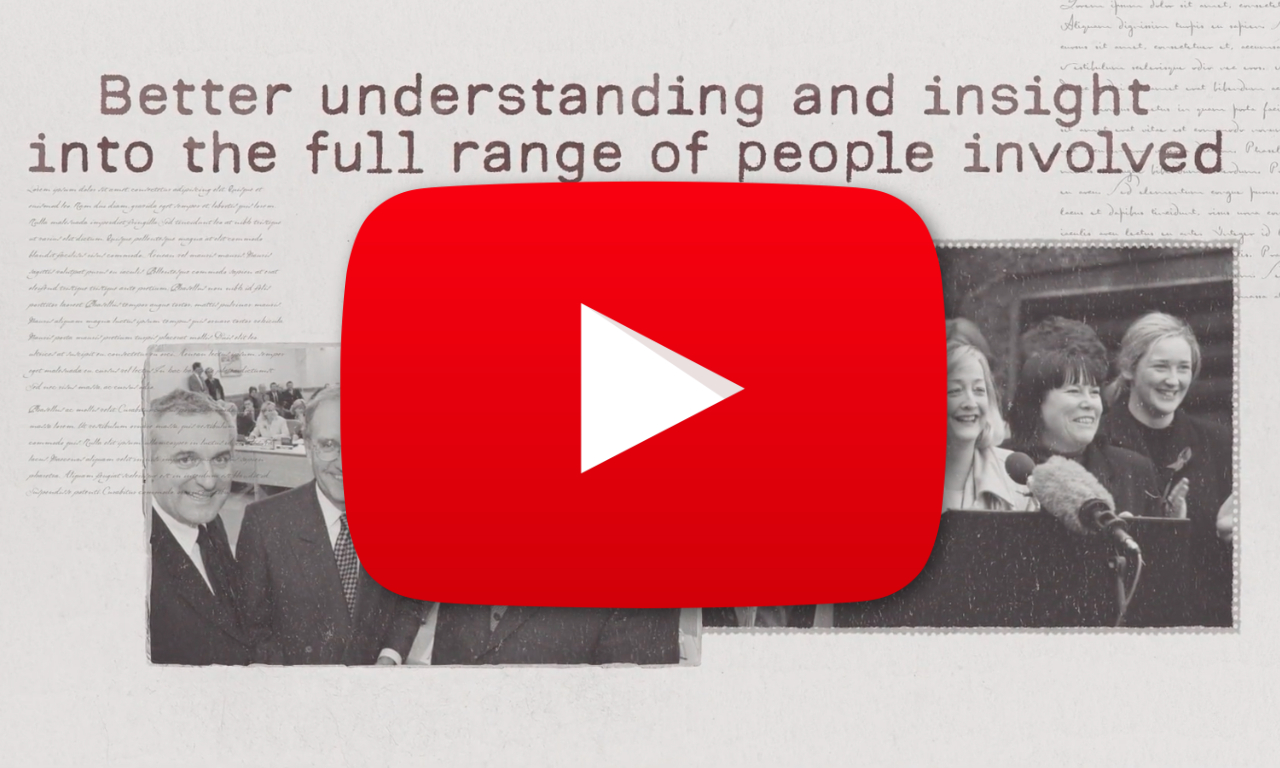
Welcome to
The Quill Project
Developing cutting-edge tools to help teachers, lawyers and researchers interpret and teach key historical texts
We work to research the history and enhance understanding of some of the world's foundational legal texts.
If it is your first time here and you would like to know more about the project, please check out the introduction video below:

For more information see the pages on the Pembroke College Oxford website.
Negotiation processes modelled by the Quill platform
Comparison Tools to find particular texts or points of interest within our records
Learn more about what Quill can do and find help with the project's user guide
Resource collections held by or linked to by the Quill platform
Commentary collections that will help you to understand particular issues
Intro to the nature of formal negotiations and how they are modelled
A negotiated text is the product of a formal decision-making process where a text has been negotiated and drafted over a period of time.
Think of the process as made up of four elements — people, procedures, documents, and decisions.
Do you want to be involved in our projects or have a project we might be able to help with?
We would love to hear from you, get in touch here!